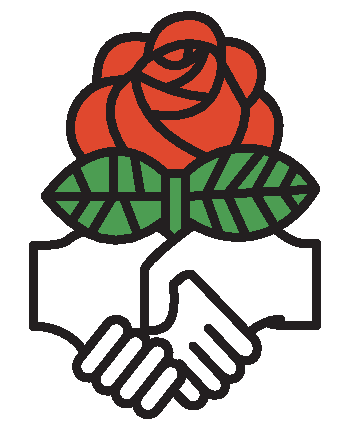Measures in Favour of Women’s Rights in Wallonia – Report by Christie Morreale

Report – Measures in Favour of Women’s Rights in Wallonia
By Christie Morreale, SIW Vice-President for Northern & Western Europe Region
For the Belgian Socialist Party, the fight to strengthen Women’s Rights is essential. In this context, since 2019, the Walloon Government has taken a number of important measures such as:
– Creation of nearly 300 new reception and housing places to deal with emergency situations for women victims of violence;
– Partnership with 1,800 pharmacies in Wallonia – relay points in the fight against violence against women;
– Opening of an SOS Rape branch in Wallonia;
– Creation of interdisciplinary mechanisms to effectively counter the serious risks linked to domestic violence, a sort of ‘intensive care of domestic violence situations’ where professionals from different sectors will pool their efforts to achieve a clear reading of the elements at risk and how to prevent them. DIViCo aims to improve the safety of victims and anyone involved, thus considerably reducing the risks of femicide, infanticide or even suicide.
– Tripled and sustained budgets to strengthen the field work of associations active in the fight against violence against women;
– Funding of projects to combat gynaecological and obstetric violence;
– Distribution of free hygienic protection to combat menstrual poverty throughout Wallonia;
– Free screenings for breast cancer and cervical cancer from 2024.
– Launch of education activities in relational, emotional and sexual life (EVRAS) provided to year 6th of primary schools and year 4th of secondary students by trained and certified operators. This will make it possible from the next school year to develop real education in equality since the questions of sexuality, contraception, abortion, respectful romantic and sexual relationships will notably be addressed compulsorily in these years mentioned above;
– More than 3,100 new places in crèches in 114 municipalities in Wallonia with a view to improving the work-life balance of parents;
– Improvement of working conditions in several predominantly female sectors such as:
- For the 50,000 domestic helpers – service vouchers with contracts of at least 19 hours/week, 9 hours of training/year, an anti-harassment system, increased intervention in their transport costs, etc.;
- For the 7,000 family helpers who have obtained the transition from worker to employee status which will allow them to benefit from a salary increase as well as better salary coverage in the event of illness;
- With the historic structural refinancing of 260 million euros for the non-profit sector to hire more staff or increase the salaries of workers in the health and social sectors (retirement homes, social restaurants or even reception institutions for young people, people with disabilities and vulnerable people, etc.).

